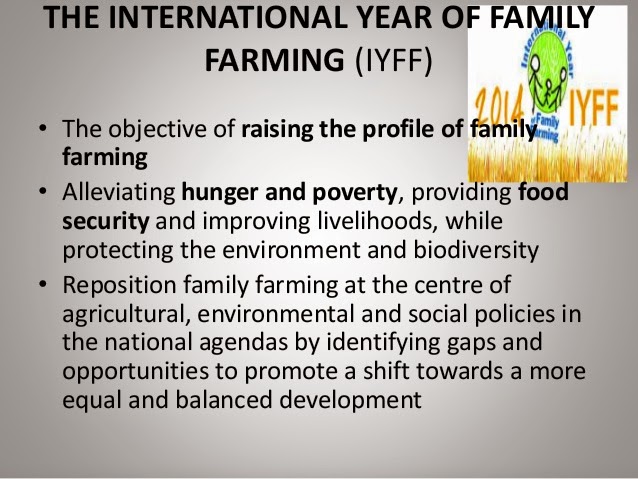Non-Probability Sampling
Non-Probability Sampling Non-Probability Sampling methods can be useful when descriptive comments about the sample itself are desired. They are quick, inexpensive, and convenient. There are also other circumstances, such as in applied social research, when it is unfeasible or impractical to conduct probability sampling. The following are the techniques to use Non-Probability sampling: I. Convenience Sampling A sample is selected from a readily available list like telephone directory, voters’ list; however do not follow random selection procedures. The researcher studies all sampling items which are most conveniently available. Most of the pilot tests and pre-tests use connivances sampling. This sampling is easy and less expensive compared with other methods. II. Purposive sampling In ...
